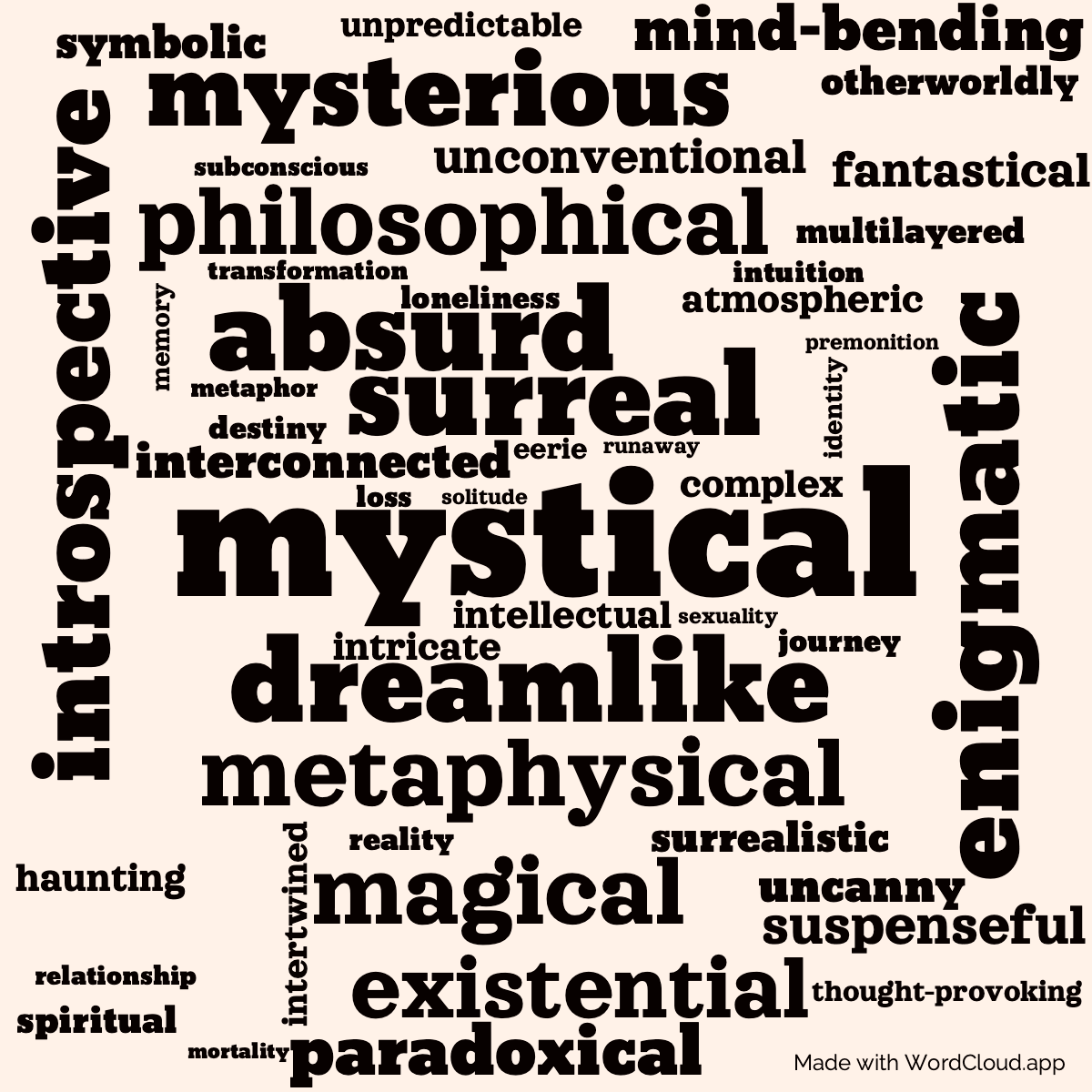Exploring personal identity and its evolution has been a timeless philosophical inquiry that has captivated scholars for centuries. Are we the same person today that we were years, months, or even moments ago? Does our true self exist within our physical body or lie deep within our consciousness? These profound questions penetrate to the core of our existence, guiding us on introspective and contemplative inner journeys.
At the heart of this inquiry lies the ancient Greek myth of Theseus’s ship, a puzzle that has perplexed philosophers for generations. According to The Philosophy Foundation, Athenians preserved the ship used by Theseus on his journey by gradually replacing worn-out wooden planks with new ones over several decades. Despite this gradual transformation, can the ship still maintain its identity as “Theseus’s ship”? This paradox challenges us to contemplate whether an object’s identity is solely determined by its physical composition. If so, each replacement of a plank would seemingly alter the ship’s essence, disrupting its continuity. Alternatively, if identity transcends the physical realm, we must explore non-physical attributes to define an object’s identity.
This riddle extends beyond the realm of objects to living organisms, particularly humans. The New York Times reports that the human body consists of countless cells undergoing continuous regeneration, except brain cells, which are renewed over time. Complete renewal of cells occurs every six months. Despite this ongoing cellular turnover, humans cling to the belief that they maintain a steadfast identity. But do they truly?
Consider the analogy of a cell phone: when damaged, we transfer the chips from the original device to a new one, preserving the data. Is the new device with the original chip still the same device as the original one?
Isn’t the human body somewhat similar? Brain cells, like chips, carry the data and integrate it into the newly formed body of new cells.
Personal identity and essence are concepts subject to diverse interpretations. The notion of essence varies from person to person. Some individuals may seek essence in non-physical aspects, while others may perceive it in physical attributes. From Theseus’s ship to the chip in a cellphone, to the changing cells of a human, these concepts all weave together into the same narrative.
The proposition is that a genuine essence resides within non-physical values. What meets the eye represents mere superficial alterations, while the true essence of humanity lies in a realm beyond the tangible. This assertion suggests that through the exploration of non-physical realms such as consciousness, emotions, and values, humans can attain a profound comprehension. While physical transformations may alter external appearances, the core of one’s being remains unaltered in a profound, immutable realm.
However, on the other hand, fixating on the notion of essence itself may be meaningless. Philosopher Friedrich Nietzsche claimed that our essence is not fixed but fluid and constantly changing. Therefore, he emphasized the exploration of human diversity and creativity instead of seeking to understand human essence. This approach overturned traditional notions of human essence and led towards respecting individual experiences and diversity. Ultimately, rather than fearing a changing essence or self, we should believe in and embrace our evolving selves, allowing ourselves to grow and develop.








